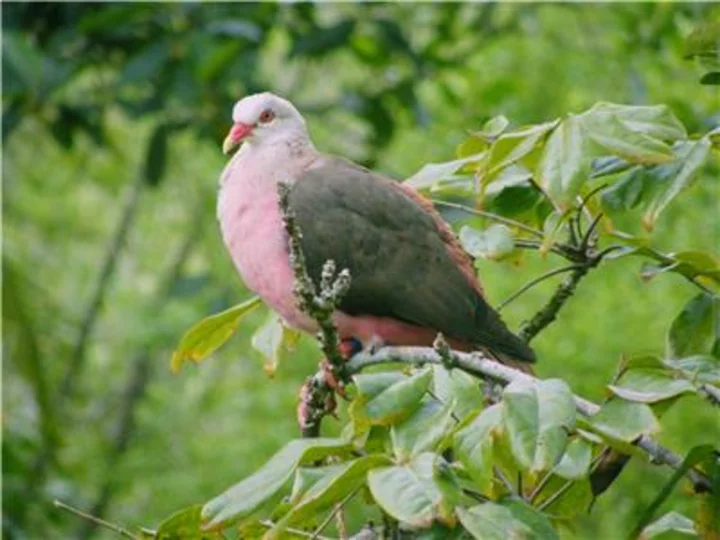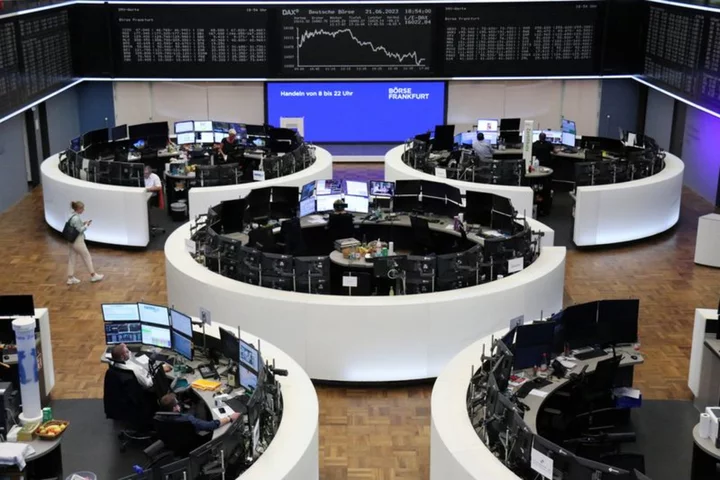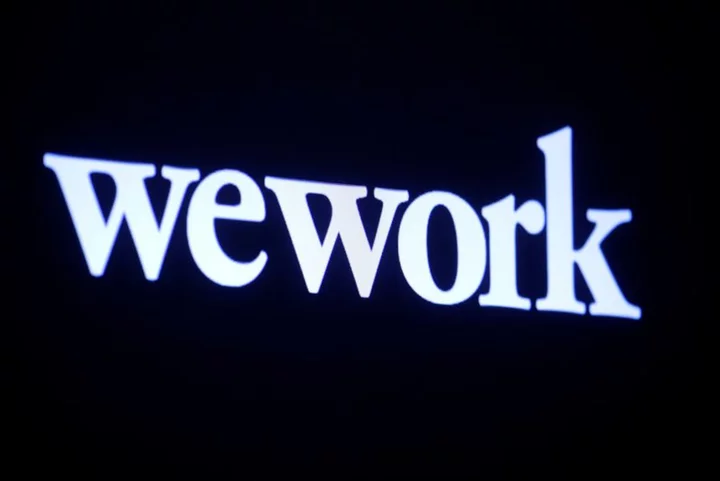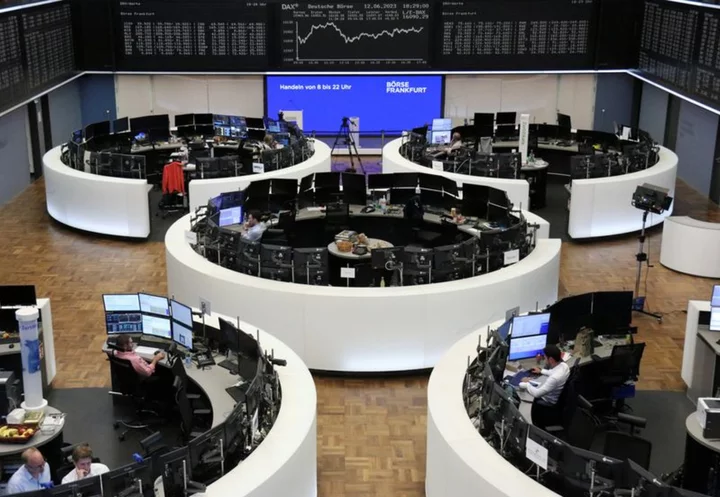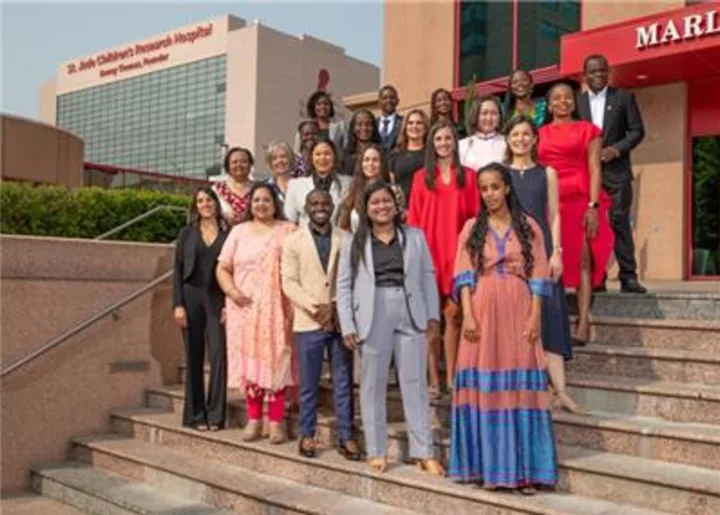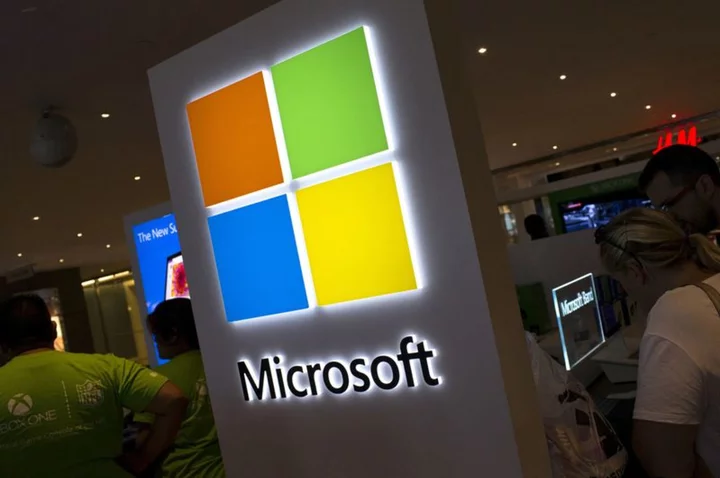DALLAS & VACOAS-PHOENIX, Mauritius--(BUSINESS WIRE)--Nov 22, 2023--
Colossal Biosciences, the breakthrough genetic engineering and de-extinction company, has partnered with the Mauritian Wildlife Foundation, a nonprofit conservation organization based in Mauritius that works closely with the Mauritian government and a host of partners on all matters conservation, to help return the extinct dodo to its home. The Mauritian Wildlife Foundation will serve as Colossal’s primary rewilding partner for the ambitious project of resurrecting and rewilding the dodo, an iconic bird and a symbol of man-caused extinction.
This press release features multimedia. View the full release here: https://www.businesswire.com/news/home/20231121189111/en/
Pink Pigeon, Photo Credit: Mauritius Wildlife Foundation
Through the partnership, Colossal and the Mauritian Wildlife Foundation will also collaborate on the restoration of critical ecosystems through invasive species removal, revegetation, and community awareness efforts. These habitats will support dodo populations as well as other native Mauritian species. In addition, the two organizations will work on the genetic rescue of the Pink Pigeon ( Nesoenas mayeri ), a vulnerable pigeon endemic to Mauritius.
“The dodo, a bird intimately woven in the DNA of Mauritius, is also sadly iconic for the role mankind played in its extinction. It also symbolises efforts to prevent species extinctions,” said Vikash Tatayah, Director of Conservation at the Mauritian Wildlife Foundation. “We are so grateful for Colossal’s technologies and the promise to return this iconic species, extinct since the 1680s, to its native environment.”
What Happens Now
Colossal’s dedicated Avian Genomics Group has been pursuing the de-extinction of the iconic flightless species. Now, it will support Mauritius in the country’s prevention of extinction efforts and rewilding mission by leveraging their cutting-edge expertise in genomics and other advanced technologies. This includes working to advance the state-of-the-art avian reproduction through interspecies surrogacy.
Concurrently, the Mauritian Wildlife Foundation, using its expertise in avian rescue and field monitoring, will serve as the rewilding partner by promoting the restoration of the dodo’s native habitats and building models for long-term management to ensure the species thrives after its reintroduction and can grow to self-sustainable populations once in the wild.
After the models for rewilding an avian species are complete, Colossal will share the learnings worldwide for other de-extinction and rewilding efforts as part of its de-extinction toolkit. The Colossal toolkit is the only private genomics program to assist governments and nonprofits with their de-extinction goals.
“Colossal is thrilled to collaborate with the people of Mauritius on the de-extinction and eventual rewilding of the dodo,” said Ben Lamm, CEO and co-founder of Colossal. “The scientific discoveries we bring to Mauritius will impact the dodo and be applicable to several threatened bird species. Rewilding Mauritius with the dodo is a monumental step for avian conservation.”
Matt James,Colossal’s Chief Animal Officer, added, “Colossal’s de-extinction projects are only successful if the animals are rewilded and brought back to their natural habitat. We look forward to working with Mauritius to ensure this happens with the dodo.”
In addition to rewilding efforts, Colossal and the Mauritian Wildlife Foundation will work on the genetic rescue of the Pink Pigeon, an iconic Mauritian species. There are roughly 500 Pink Pigeons left in Mauritius, and the birds are threatened from a lack of genetic diversity. Colossal’s Avian Genomics Group will support in identifying lost diversity from historical samples and use its gene-editing technology to confer key diversity back into the Pink Pigeon population.
A Dodo De-Extinction Update
Beth Shapiro, Ph.D., Colossal Scientific Advisory Board member, and lead paleogeneticist, is the first scientist to fully sequence the dodo’s genome and will be overseeing the dodo de-extinction project. Since Colossal announced the plans to de-extinct the dodo, the team has created reference genomes of the Solitaire, an extinct flightless bird related to the dodo, which lived on nearby Rodrigues Island, and the Nicobar Pigeon, which is the closest living relative to the dodo. Mapping the genomes of these two species has advanced the analysis of the dodo genome.
In particular, the team’s research into the Nicobar Pigeon's primordial germ cells (PGCs) and optimized growth conditions have shed insight into the best path for genetic edits for the dodo. Colossal scientists have already improved the growth culture conditions needed for the proliferation of PGCs and demonstrated that the cells are capable of colonizing the chicken gonad. This work culminated over the course of the last six months and the Avian Genomics Group is now testing whether colonized PGCs are capable of differentiating into viable sperm and eggs that will produce pigeon progeny. In parallel, they are working on the development of genetically modified chickens to act as the surrogates for the newly created dodos.
Colossal’s advancements are part of a growing de-extinction toolkit that will help select partners in related conservation efforts. Specifically, the company will be able to open the opportunity to investigate the optimal culture conditions for other bird species, using chickens and pigeons as surrogates for repopulation efforts.
ABOUT COLOSSAL
Colossal was founded by emerging technology and software entrepreneur Ben Lamm and world-renowned geneticist and serial biotech entrepreneur George Church, Ph.D. Colossal creates disruptive technologies for extinct species restoration, critically endangered species protection and the repopulation of critical ecosystems that support the continuation of life on Earth. Colossal is accepting humanity’s duty to restore Earth to a healthier state, while also solving for the future economies and biological necessities of the human condition through cutting-edge science and technologies. To follow along, please visit: www.colossal.com
ABOUT THE MAURITIAN WILDLIFE FOUNDATION
The Mauritian Wildlife Foundation (MWF) is a Mauritian non-profit conservation organisation which, since 1984, protects and safeguards Mauritius’s natural heritage from extinction through scientific conservation work and community awareness. The organisation is known for having saved more bird-species on Mauritius and Rodrigues than any other country in the world, works as consultant in restoration techniques and runs ecotourism and corporate social responsibility activities. MWF also obtains advice from the scientific organisations that fund or support it, is an IUCN Member, a BirdLife International Partner, and forms part of several other international alliances such as the Botanical Gardens Conservation International (BGCI), Conservation Evidence and the Alliance for Zero Extinction. To follow along, please visit :www.mauritian-wildlife.org
WEBSITE & SOCIALS
Websites: www.colossal.com, www.mauritian-wildlife.org
Twitter: https://twitter.com/ItIsColossal, https://twitter.com/mwfWildlife
Instagram: https://www.instagram.com/itiscolossal/, https://www.instagram.com/mauritianwildlife/
LinkedIn: https://www.linkedin.com/company/itiscolossal/, https://www.linkedin.com/company/10173367
Facebook: https://www.facebook.com/ItIsColossal, https://www.facebook.com/MauritianWildlife
Hashtag: #ItIsColossal, #MauritianWildlife
View source version on businesswire.com:https://www.businesswire.com/news/home/20231121189111/en/
CONTACT: R&CPMK: Emily Mailaender,Emily.Mailaender@rcpmk.com
Mauritian Wildlife Foundation: Jean Hugues Gardenne,jgardenne@mauritian-wildlife.org
KEYWORD: TEXAS AFRICA UNITED STATES MAURITIUS NORTH AMERICA
INDUSTRY KEYWORD: RESEARCH ENVIRONMENT GENETICS ENVIRONMENTAL HEALTH PHILANTHROPY BIOTECHNOLOGY HEALTH FOUNDATION SCIENCE OTHER SCIENCE
SOURCE: Colossal Biosciences
Copyright Business Wire 2023.
PUB: 11/22/2023 07:00 AM/DISC: 11/22/2023 06:58 AM
http://www.businesswire.com/news/home/20231121189111/en

